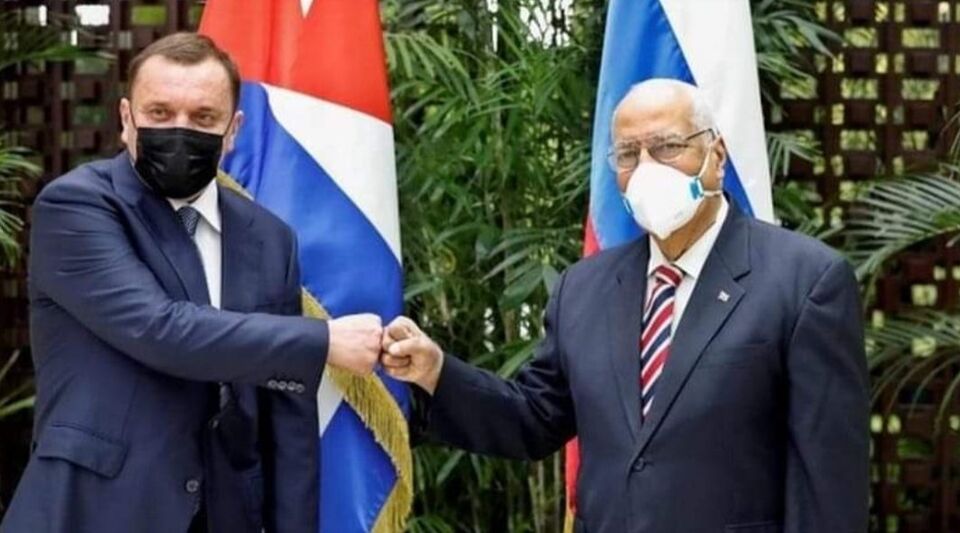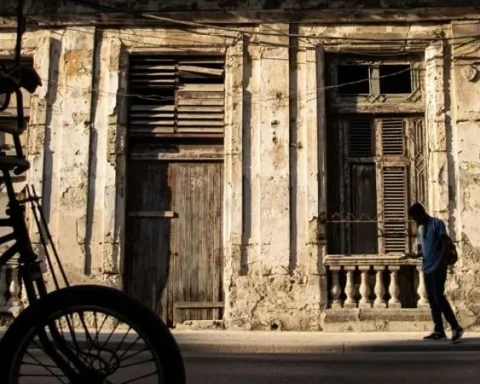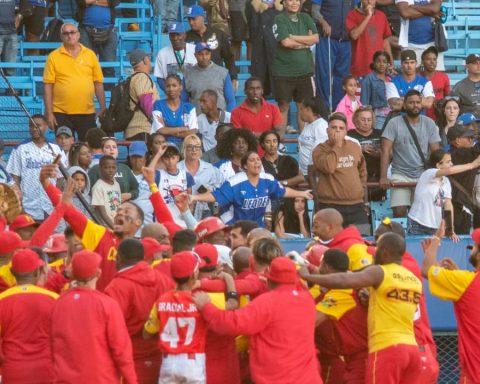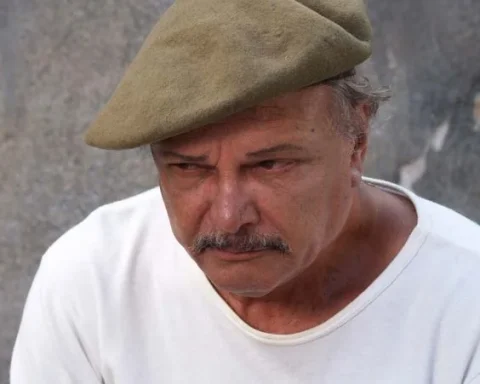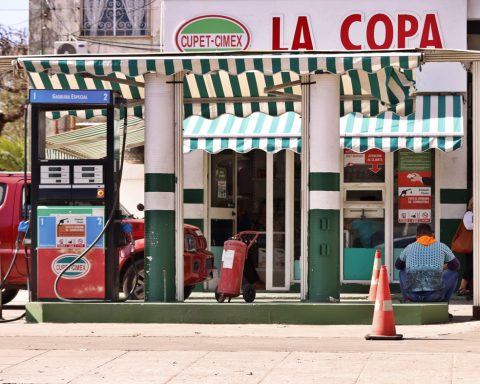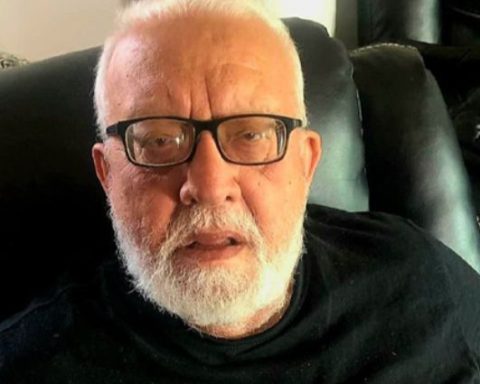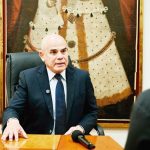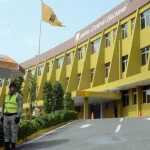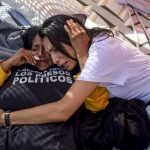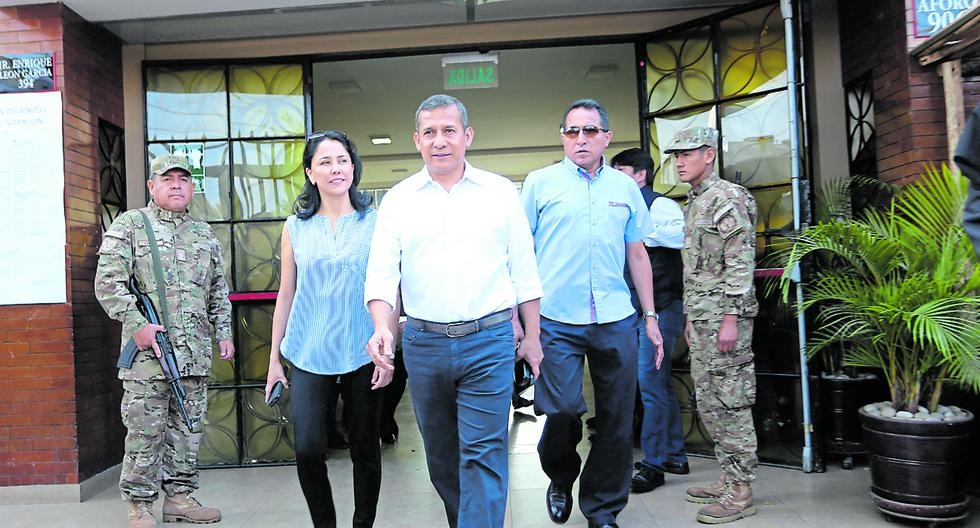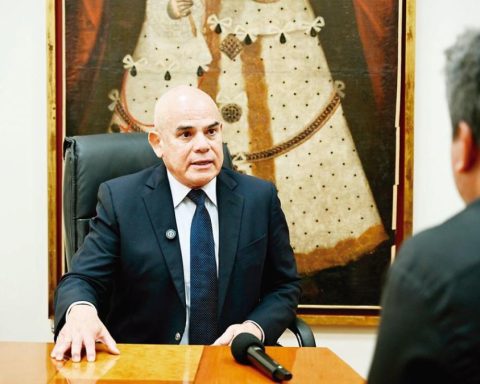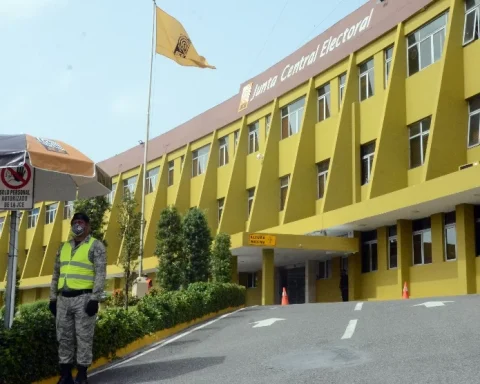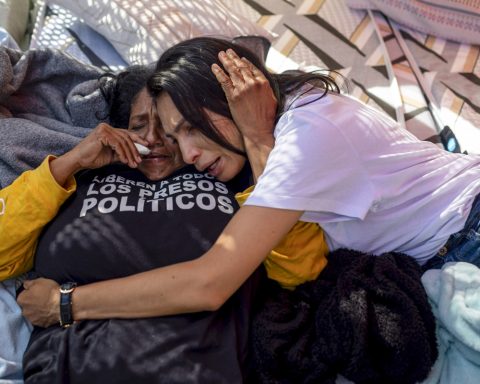The Russian Duma ratified this Tuesday the regulations that allow an extension of the payments of Russian credits granted to Havana until 2027. The moratorium had been planned since last October and was confirmed after the corresponding document was presented to parliament by the Russian Government , as reported by the legislative body on its website.
As progress has been madeRussia considers the extension will not have a significant impact on the restructuring of the debt, since the deficit due to non-payment is 57 million dollars, but between 2022 and 2027 Cuba will repay what it owes, in addition to 11 million dollars in interest for the delay.
The document approved today establishes that the last payment must be transferred to December 15, 2027
The document approved today establishes that the last payment must be transferred to December 15, 2027.
Between 2006 and 2019, Russia offered Cuba export credits worth 2.3 billion dollars to finance projects in the fields of energy, the metallurgical industry and transportation, as well as for the supply of goods necessary for the development of the economy. of the island.
At the beginning of 2020, Cuba practically stopped paying for Russian credits, thereby increasing its debts to Russian commercial banks and export entities.
At the request of the Cuban side, which asked to review the payment conditions of these credits and in correspondence with the decision of the Russian Government on August 7, 2021, the corresponding intergovernmental protocols were signed to extend the payment of the credits.
The ratification takes place in a delicate international context due to fears of a possible Russian invasion of Ukraine, to which NATO threatens to respond militarily. This January, the Russian Deputy Foreign Minister, Sergei Ryabkov did not rule out in an interview Moscow’s interest in deploying military infrastructure in Cuba and Venezuela, something that provoked a strong reaction in the West.
Shortly after, Miguel Díaz-Canel and his Russian counterpart, Vladimir Putin, had a telephone conversation and last Friday, Yuri Borísov, Russian Deputy Prime Minister, ended in Havana a tour that stopped in Caracas and Managua the previous days. During the visit, all partners confirmed their intention to increase cooperation, including military cooperation.
The island’s external debt amounted to 18.2 billion dollars in 2016, the last year that the island reported official data
During his mandate, Raúl Castro achieved the cancellation of 90% of the debt that Cuba acquired in times of the Soviet Union and still owed to Russia. Mexico forgave 70% of the 487 million dollars that it had lent to the Island and Japan forgave almost 1,000 million of an old debt in 2014. For their part, Vietnam and China also forgave part of the debt, but it has not been informed of these amounts.
The Island has failed to comply with several of the forgiveness agreements for part of these defaults. In August 2020, Argentina complained to the Cuban Government 2,700 million dollars that it owes since the 1970s. On the same date, Spain formally paralyzed the debt cancellation agreement that it had reached with Cuba in 2015, which affected pending payments for a total amount of 201.5 millions of euros.
The countries that make up the Paris Club offered in June of the same year to Cuba a one-year moratorium for the payment of its debt (Havana had requested two years of margin and exemption from penalties for late payments due to the coronavirus pandemic), although that year has already passed.
The island’s external debt amounted to 18.2 billion dollars in 2016, the last year that the island reported official data, and since then the figure has increased substantially, according to several Cuban economists.
________________________
Collaborate with our work:
The team of 14ymedio is committed to doing serious journalism that reflects the reality of deep Cuba. Thank you for joining us on this long road. We invite you to continue supporting us, but this time becoming a member of our newspaper. Together we can continue transforming journalism in Cuba.
